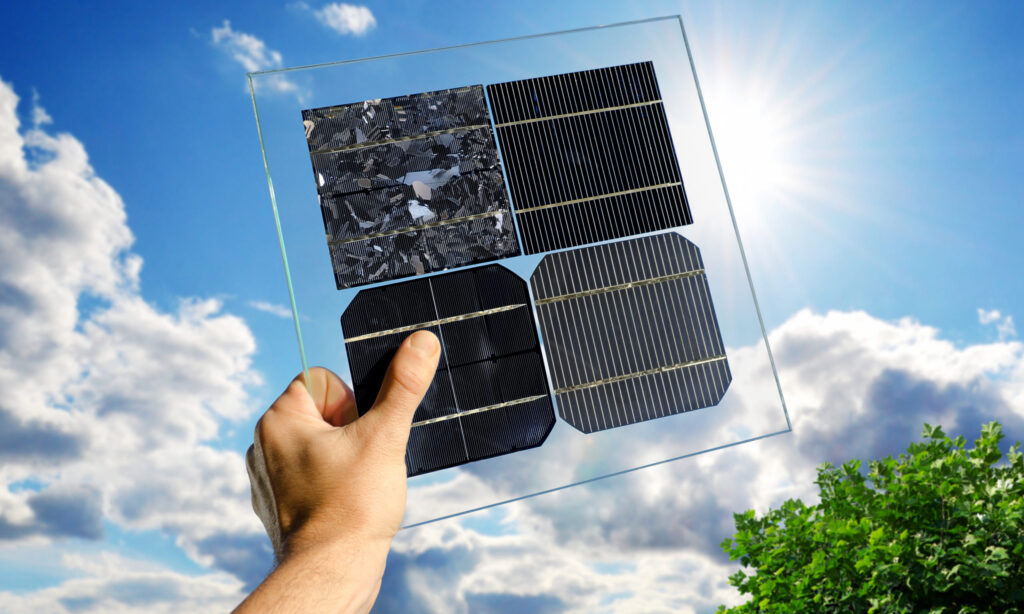N-type and P-type solar panels refer to the two main types of semiconductor materials used in the manufacturing of solar cells. These materials play a crucial role in the conversion of sunlight into electricity.
N-Type Solar Panels:
- Material Composition:
- N-type solar panels use a silicon wafer as the base material, but the silicon is doped with phosphorous.
- Phosphorous introduces extra electrons into the silicon structure, making it negatively charged (N-type).
- Advantages:
- Higher efficiency: N-type solar panels generally have higher conversion efficiencies compared to P-type panels.
- Reduced sensitivity to light-induced degradation (LID): N-type cells are less susceptible to LID, which can improve long-term performance.
- Disadvantages:
- Higher cost: The manufacturing process for N-type solar cells is more complex, contributing to higher production costs.
- Limited availability: N-type solar panels are not as widely produced as P-type panels, which can affect availability and pricing.
- Applications:
- N-type solar panels are commonly used in high-efficiency solar modules and applications where space is limited.
P-Type Solar Panels:
- Material Composition:
- P-type solar panels also use a silicon wafer but are doped with boron.
- Boron introduces holes into the silicon structure, making it positively charged (P-type).
- Advantages:
- Lower cost: P-type solar cells are more cost-effective to manufacture due to a simpler production process.
- Wider availability: P-type solar panels dominate the market and are produced in larger quantities.
- Disadvantages:
- Higher sensitivity to LID: P-type cells are more prone to light-induced degradation, which can affect performance initially but tends to stabilize over time.
- Lower efficiency: P-type solar panels generally have lower conversion efficiencies compared to N-type panels.
- Applications:
- P-type solar panels are widely used in residential, commercial, and utility-scale solar installations.


